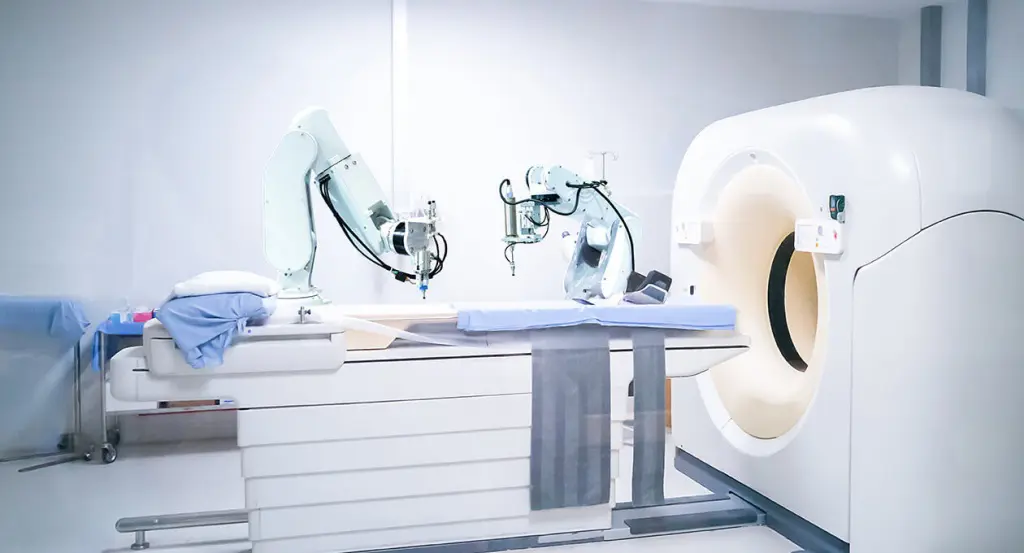Biomedical Engineering, also known as Medical Equipment Engineering, aims to solve medical problems by providing advanced engineering technologies that assist doctors in diagnosing and treating patients better. Over the years, biomedical engineering has contributed significantly to developing many advanced medical devices. This specialization combines engineering sciences such as mechanical, electrical, and electronic engineering and computer engineering with biomedical and physiological sciences.
Biomedical Engineering opens doors for innovators to invent solutions beneficial to society in this vital field, which is witnessing significant development in modern times. Biomedical Engineering contributes to compensating patients and accident victims and facilitating their daily lives by making and developing devices and technologies such as prosthetics, artificial organs, surgical devices, and imaging equipment (including vital signs monitoring devices, insulin pumps, pacemakers, and electrocardiographs).
Importance of Biomedical Engineering (Medical Equipment Engineering)
The importance of Biomedical Engineering stems from the severe and continuous medical need for the development of medical equipment and devices to aid in faster diagnosis and effective results that contribute to maintaining patients’ health. One of the crucial roles of Biomedical Engineers is to work within a set of standards to ensure the safety of devices and equipment within hospitals.
Biomedical Engineers possess sufficient experience and study regarding the human body, its structure, and the importance of its organs. Thus, they contribute to developing devices for implanting new biological tissues instead of damaged ones. They also work on improving artificial limbs to seamlessly integrate with human body parts, increasing their efficiency.
Academic Curriculum
The study duration for Biomedical Engineering is typically four years for a bachelor’s degree. The curriculum in most Turkish universities includes a variety of study programs, although the content may vary from one university to another. Therefore, students should check the course description on the university’s website where they intend to enroll.
First Academic Year
- Introduction to Biomedical Engineering
- Life Chemistry
- Communication Skills and Academic Report Preparation
- Differential and Integral Calculus
- Physics
- Introduction to Biology
- Introduction to Programming
Second Academic Year
- Human Physiology
- Electronic Devices and Circuits
- Linear Algebra and its Applications
- Differential Equations
- Modeling and Simulation
- Biomechanics
- Signals and Systems
- Introduction to Control Units
- Turkish Language and Literature
Third Academic Year
- Biomaterials
- Physiological Signals and Measurement Devices
- Principles of Medical Imaging
- Therapeutic Medical Devices
- Advanced Biomedical Devices Design
- Clinical Engineering Applications
Fourth Academic Year
- Biostatistics
- Capstone Project
- Summer Internship
- Non-Technical Aspects of Engineering
- Graduation Project Preparation
Turkish universities usually train their students enrolled in the Biomedical Engineering Major practically on or off campus during the third and fourth years before graduation to ensure the student’s ability and qualifications to obtain job opportunities in various institutions.
Job Opportunities for Biomedical Engineering Graduates
- Hospitals and Healthcare Centers
- Specialized Medical Companies
- Research Centers for Manufacturing Medical Equipment
- Organizations Producing, Selling, and Providing Medical Equipment and Supplies
- Information Processing Units in Healthcare Institutions




